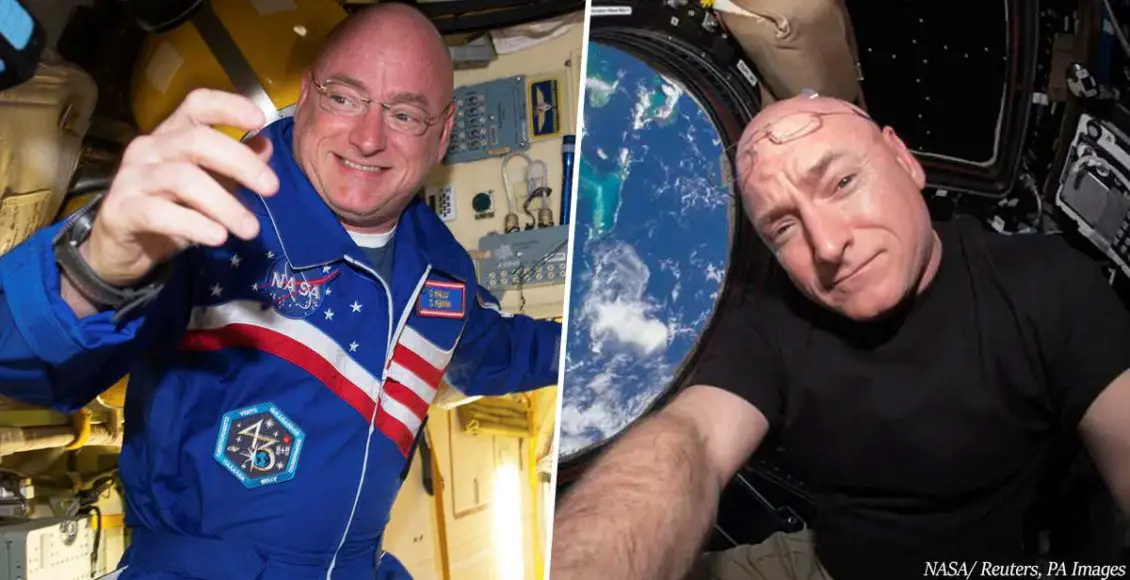A recent study has found that the heart of astronaut Scott Kelly shrank in size by almost a third in the months he spent on the International Space Station.
Kelly went on an astonishing 340-day-long mission back in March 2015 during which he did intense exercise sessions six days a week to keep himself fit.
After his return in March 2016, experts studied the impact the mission had on the man’s heart, with their findings made public in the journal Circulation just a couple of days ago.
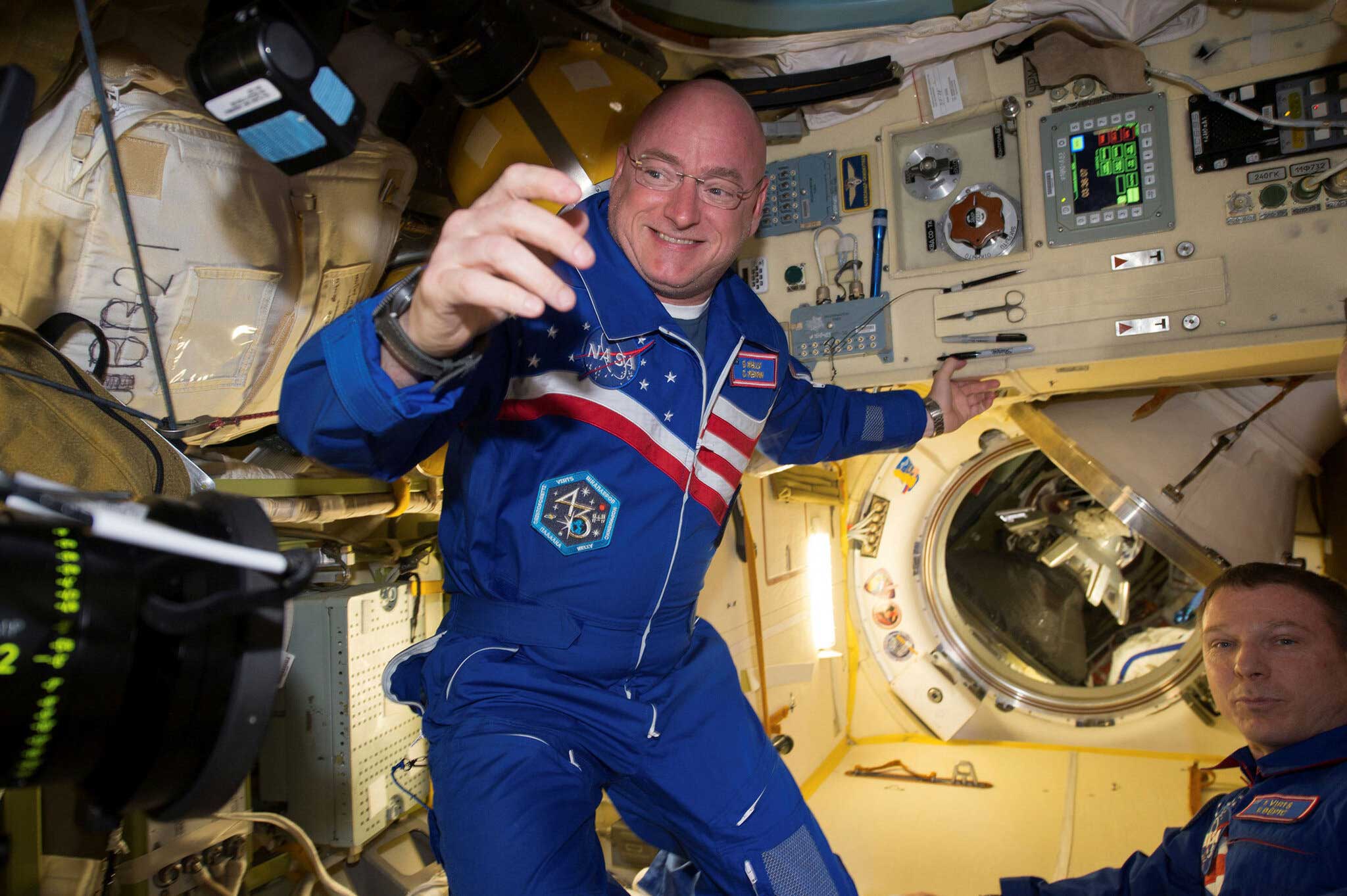
The human body naturally goes through some transformations due to the gravity in space, such as shriveled legs, a swollen head as well as the weakening of bones.
In the study, experts found that Kelly’s time in space had caused the biggest chamber of his heart to shrink from 6.7 ounces to 4.9 ounces, a decline of approximately 27%.
According to Dr. Benjamin D. Levine, senior author of the study and a professor of internal medicine at the University of Texas Southwestern Medical Center and Texas Health Presbyterian Dallas, the change did not seem to have any negative effects on the astronaut, The New York Times reported.
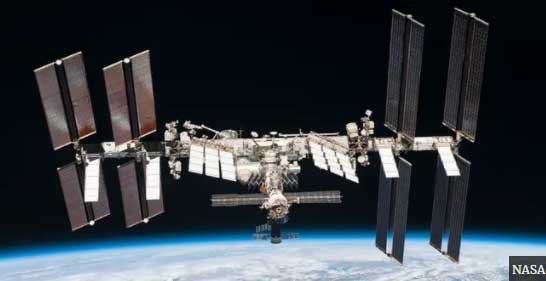
He said Kelly did ‘remarkably well over one year’, adding:
“His heart adapted to the reduced gravity. It didn’t become dysfunctional, the excess capacity didn’t get reduced to a critical level. He remained reasonably fit. His heart shrank and atrophied kind of as you’d expect from going into space.”
Kelly has said that he worked really hard to keep himself fit in space and that he lifted more weight than he did back home, but his workouts did not stop the heart shrinkage.
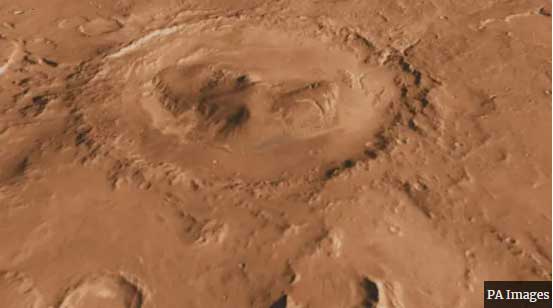
Low gravity was the main cause for his heart not to be able to pump as hard as it should.
Even though Kelly is still generally healthy, the recent findings may be a point of concern for future missions to Mars. According to Levine, astronauts would ‘probably be okay’, based on knowledge of the experience of Kelly and others, but issues may arise if someone was injured, fell ill, or could not keep fit.
If astronauts’ hearts become weaker from long periods of time spent in space, they could easily get lightheaded and lose consciousness when stepping foot on Mars.
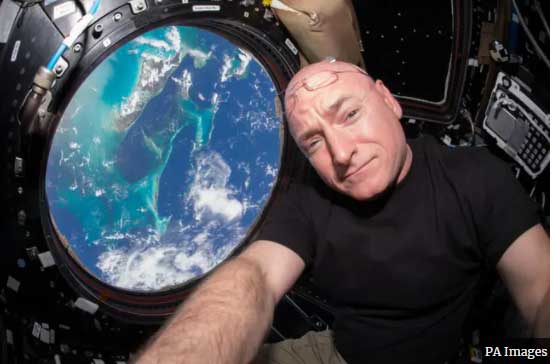
After he came back to Earth, Kelly said he does not have ‘any [physical] symptoms from being in space’, adding:
“Today, if you let me, I’d go do it all over again.”
Nasa is now financing a study for potential heart-related issues in the next 10 astronauts who will spend a year in space.
What are your thoughts on this story? Let us know by joining the conversation in the comments and please share this article if you’ve found it of value.


